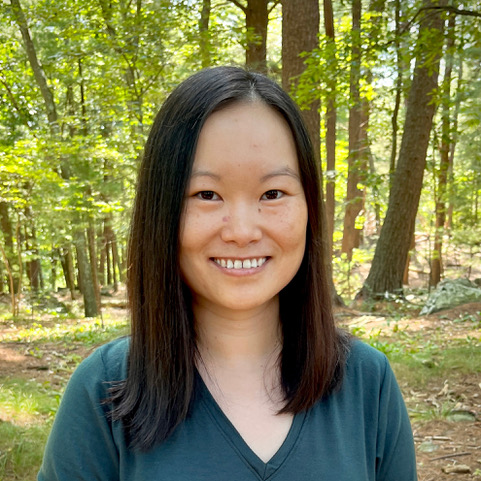
Sichen (Susan) Shao, PhD
Translation, or protein synthesis, is an important point of gene regulation critical for human development and health. Ribosomes that aberrantly stall while synthesizing new proteins cooperate with quality control factors to eliminate faulty or damaged mRNAs, tag incomplete nascent proteins for degradation, and initiate cellular stress responses. Failing to resolve translational stalls is linked to developmental disorders, neurodegeneration, and various cancers. However, the basic mechanisms that sense translational arrests and initiate these essential quality control processes remain poorly understood. We aim to decode the molecular signals and mechanisms that respond to different types of ribosome stalling using a combination of in vitro reconstitutions, structural biology, and cell-biological approaches. Our long-term goal is to understand how mammalian cells distinguish and degrade rare quality control targets while avoiding similar intermediates of protein biosynthesis to maintain homeostasis, control cell fates, and respond to cellular insults.
Sichen (Susan) Shao is an associate professor in the Department of Cell Biology at Harvard Medical School. Susan trained with Ramanujan Hegde as a PhD student at the National Institutes of Health and as a St John’s College junior research fellow at the MRC Laboratory of Molecular Biology. In the Hegde lab, Susan studied the mechanisms of protein sorting to intracellular organelles, ribosome-associated quality control, and stop codon recognition. Susan is an Investigator with the Howard Hughes Medical Institute and a recipient of the NIH New Innovator Award, the ASCB Günter Blobel Early Career Award, and the Smith Family Foundation Odyssey Award.